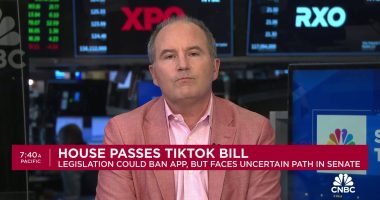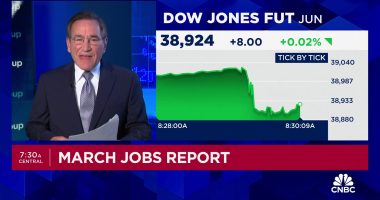On TikTok you’ll find millions of users diagnosing themselves using the term “high-functioning” — high-functioning anxiety, high-functioning depression, high-functioning autism.
The term “high-functioning” isn’t actually clinical, but, generally, it refers to those who perform well in work and in school. So if someone has high-functioning depression, it means they are excelling at their job, despite being in poor mental health.
After the pandemic, when levels of depression and anxiety both spiked, people became more aware of the fact that you can have depression or anxiety and still be excelling in certain parts of your life, says Irina Gorelik, a psychologist with Williamsburg Therapy Group.
“After Covid, the focus on mental health has been much more significant,” she says. “And people are much more aware of signs that might have been subtle in the past.”
While the idea of a high-functioning depressed or anxious person isn’t new, our recent obsession with the term is. And experts believe it might signal a shift in how we believe mental health presents.
You’re ‘masking’ your struggles with high performance
Gorelik likens high-functioning tendencies to masking. A person will work extra hard in the office in order to cover up their poor mental health.
“You’re masking something you’re struggling with with performance,” she says. “You’re able to maintain the basic aspects of your life without people noticing a significant change, but you’re using a lot more mental effort to sustain that high performance.”
Saying your “high-functioning” also signals that you have economic value to society, says John T. Maier, a psychotherapist in Cambridge Massachusetts,
“When people say ‘high-functioning,’ they aren’t saying, ‘I’m doing a great job at raising my family’ or ‘I’m doing a great job at going to church,'” he says. “It means ‘I’m doing a great job at work.'”
Historically, admitting you have mental health struggles might suggest you have trouble holding down a job or performing well in school. The spike in use of this term shows that people are rethinking what depression or anxiety look like.
“It’s implicating that you are somehow different from someone else with this label,” he says.
Want to make extra money outside of your day job? Sign up for CNBC’s new online course How to Earn Passive Income Online to learn about common passive income streams, tips to get started and real-life success stories. Register today and save 50% with discount code EARLYBIRD.

Read More: World News | Entertainment News | Celeb News
CNBC









